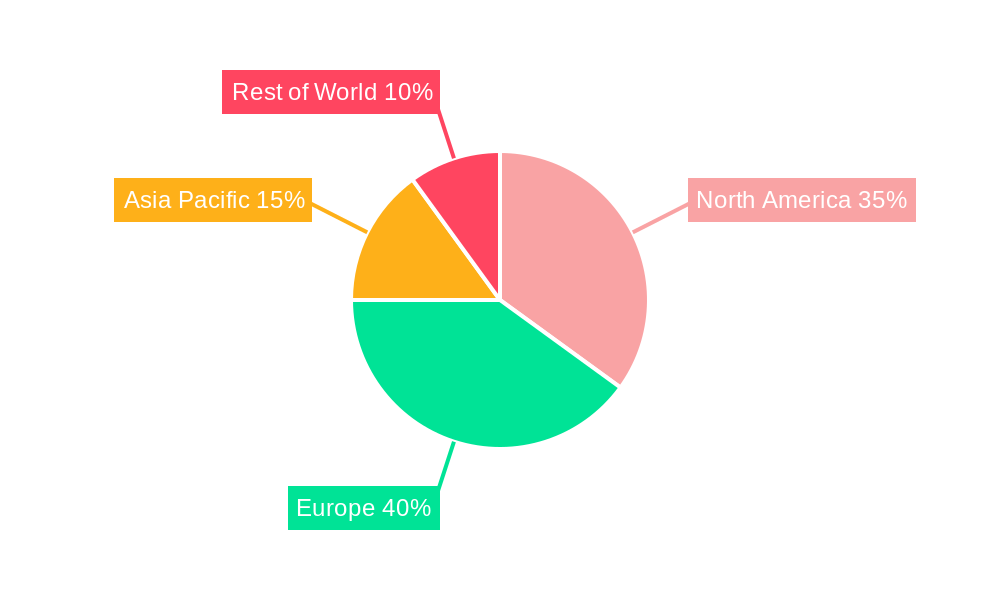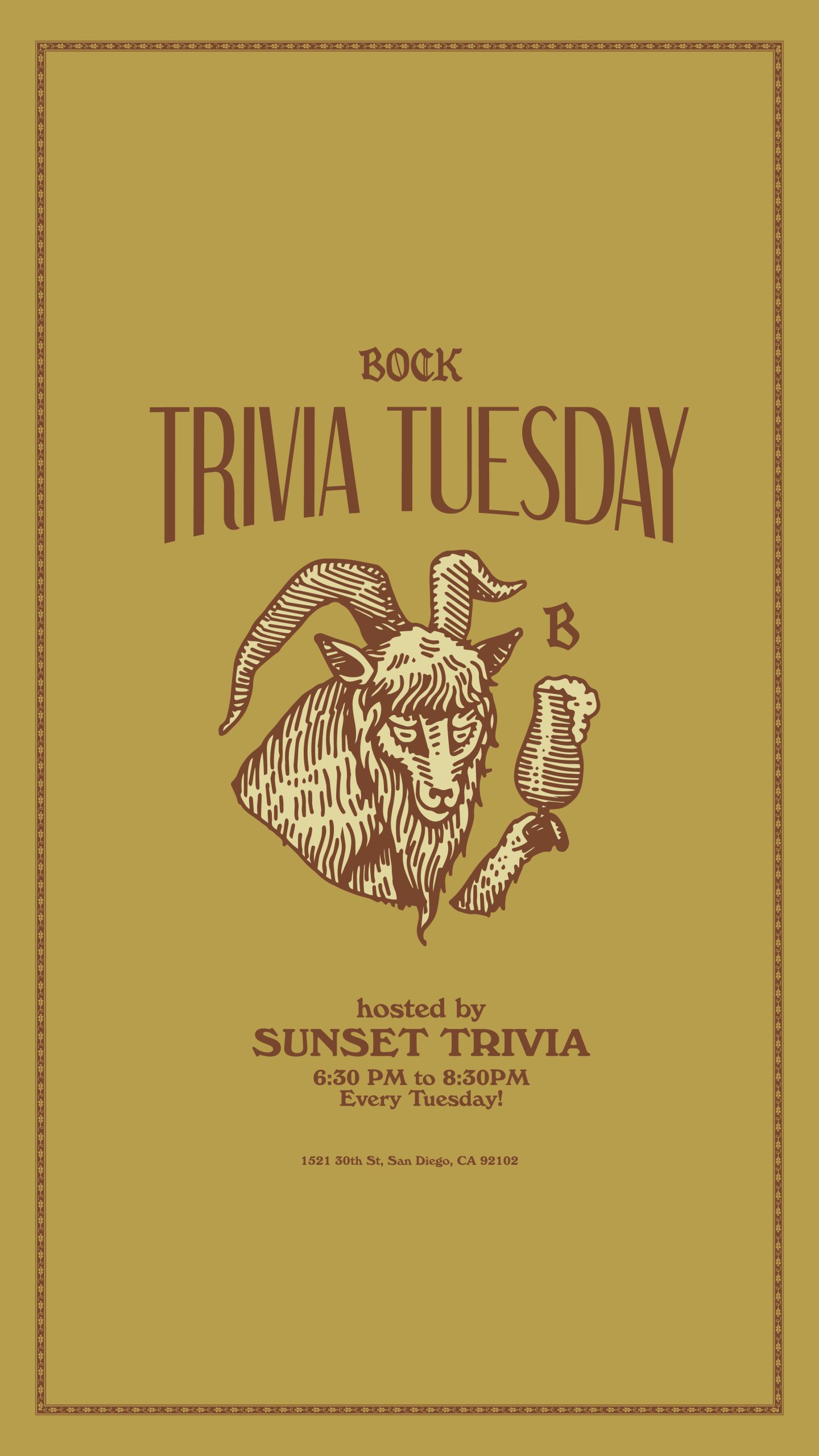
Private Label Trends in E-commerce
Explore the growing influence of private labels in the digital marketplace and their impact on consumer choices.
- E-commerce growth
- Consumer preferences
- Brand diversification
- Market challenges
Explore how white label beer is reshaping the brewing industry, providing businesses with opportunities to offer unique, branded beer products without the need for brewing facilities.
White label beer is a unique concept in the brewing industry, referring to beers produced by one brewery yet sold under another brand's label. This model allows businesses to offer customized beer products without investing in their own brewing facilities, particularly appealing in today’s market where craft and specialty beers thrive. The importance of white label beer has soared as companies recognize consumer demand for diverse and high-quality brews.
This article will delve into the significance of white label beer, exploring its applications, market dynamics, and trends that are shaping its growth in the craft beer industry.
White label beer involves the production of beer as per the specifications set by a client business, which is then packaged under that business's brand name. This production model enables brands to tailor their offerings closely to market tastes while avoiding the substantial financial burden of owning a brewery.
In recent years, the demand for white label beer has surged, fueled by consumers seeking unique flavors and premium choices that stand apart from mainstream options. The rise in popularity of craft beers has also played a crucial role in this growth. Studies have observed shifts within the specialty beer market, with white label options gaining traction as businesses strive to meet evolving customer preferences.
Statistics reveal significant changes in market dynamics, such as the decline in independent brewery offerings, illustrating the increasing presence of white label products. The market landscape has transformed, emphasizing customization and consumer engagement strategies.
White label beer is transforming competitive landscapes within the brewing industry, fostering increased competition and providing diverse options for consumers seeking variety in their beer choices.
Shifts in market dynamics demonstrate the rapid expansion of craft and specialty beer segments, driven by consumer demand for distinct flavors and premium products.

White label brands represent a formidable challenge to traditional craft breweries, allowing non-brewers to enter the beer market more readily and market their products effectively. This transition has prompted a wave of innovation within the industry as businesses jump at the opportunity to develop their brands without direct brewing responsibilities.
The overall beer market still leans heavily on lagers and well-known domestic brands. However, a rapid expansion of craft and specialty segments is evident. Many businesses see white label beers as a means to innovate and cater to a wide array of tastes.
Market trends indicate that consumer preferences drive these innovations, allowing for the development of diverse beer styles that cater to sophisticated palates seeking variety.
One of the compelling services offered by breweries involved in white label beer production is custom label design. This aspect helps businesses create a strong brand identity through the visual elements of their packaging.
Effective custom label design can significantly enhance marketing efforts, making it crucial for brands to invest in quality design that resonates with their target audience.
Another advantage of white label beer is the stylistic variety available. Breweries often provide several beer styles, from classic lagers and refreshing pilsners to hoppy IPAs and rich stouts.
This broad selection enables businesses to cater to various consumer preferences and capitalize on emerging trends in the market.
White label beer is utilized across various sectors, enhancing its applicability in different contexts. Businesses leverage white label beer to strengthen their offerings and foster brand loyalty.
Companies integrate white label beer into their marketing strategies, often promoting exclusivity to enhance customer engagement. This approach can yield significant returns when paired with thoughtful promotional campaigns.
Brands frequently use special editions or seasonal beers as part of their strategy, helping to create excitement around product launches and to attract attention in crowded marketplaces.
The emergence of white label brands does raise ethical considerations regarding fair competition. Independent breweries may experience challenges in maintaining market share as larger entities leverage white label models to rapidly gain consumer attention.
Authenticity becomes paramount; transparency is vital to keep consumers informed about the origins and production methods of the beers they choose to support.
Encouraging consumers to be knowledgeable about the products they purchase promotes thoughtful decision-making. Awareness around the specifics of white label production can foster a more supportive environment for independent breweries, advocating for an inclusive market mindset.
In conclusion, white label beer plays a transformative role in the craft beer landscape, offering enterprises a viable pathway to market participation while introducing consumers to a world of diversified products. The interplay between brand innovation and consumer expectation continues to define this evolving segment, necessitating an ongoing dialogue on authenticity and market integrity.
As the market for white label beer grows, consumers must remain vigilant about the brands they choose to support, weighing their options critically to benefit both their taste preferences and the craft beer community as a whole.
We are proud to be supported by industry leaders who inspire innovation and excellence.





Explore the growing influence of private labels in the digital marketplace and their impact on consumer choices.

Dive into the rich history of Bock beer and its cultural significance in the brewing world.
An overview of the burgeoning craft beer festival scene and its role in promoting new beer styles and regional breweries.
How breweries are committing to sustainable practices to reduce their environmental footprint and engage eco-conscious consumers.
Examining the expansion of craft beer into international markets and the exciting opportunities this holds for brewers worldwide.